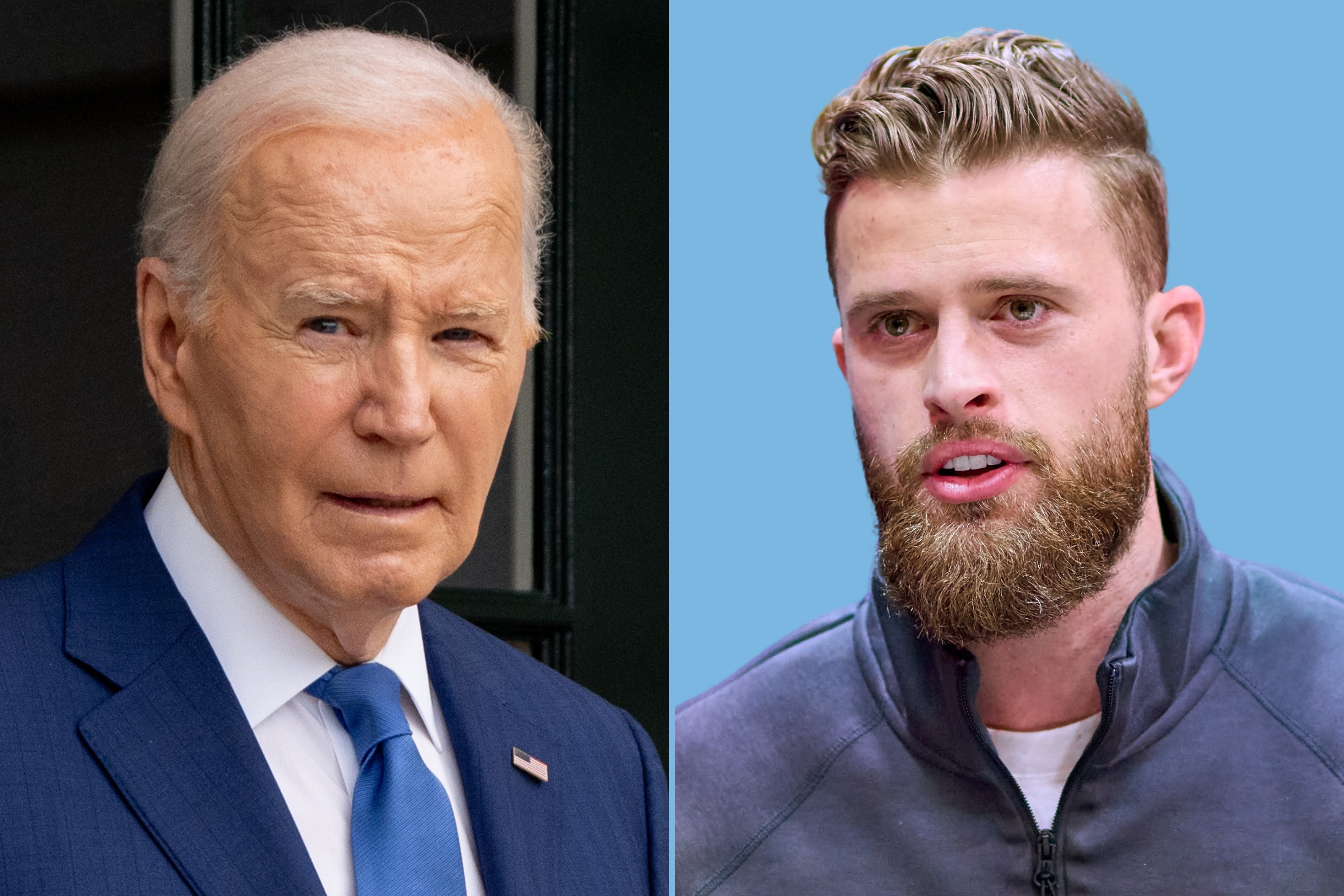While enjoying the exciting competitions of the Winter Olympics, we should realize that a global truce is essential to the Games. According to its ancient traditions, there should be no wars during the Olympics to foster the "Olympic spirit." All nations should respect and support an Olympic Truce.
"The tradition of the 'Olympic Truce', or 'Ekecheiria', was established in Ancient Greece in the ninth century BC through the signing of a treaty between three kings – Iphitos of Elis, Cleosthenes of Pisa and Lycurgus of Sparta – to allow safe participation in the ancient Olympic Games," the Olympics website stated.
Building upon this Olympic tradition, the United Nations recently passed a resolution asking all countries to stop wars and observe the Olympic Truce. The U.N. resolution said this year's Olympic Truce is to last until March 20, seven days after the Paralympic Games.
Nowhere is this Olympic Truce needed more than in Yemen, where children were recently killed while playing in a football field during a bombing raid. This is the latest tragic episode of a seven year civil war.
Hundreds of thousands of Yemenis have died from the fighting between the Saudi Arabian led coalition against the Houthi rebels. Millions more are on the brink of starvation as the country suffers food shortages caused by the fighting.
As you watch the Olympics, children are starving to death in Yemen because of war. Yemen's children need food and peace.
It is urgent that everyone listen to the president of the U.N. General Assembly, Abdulla Shahid, when he called upon "all warring parties of current armed conflicts around the world to boldly agree to true mutual ceasefires for the duration of the Olympic Truce, thus providing an opportunity to settle disputes peacefully."

Every nation should back the Olympic Truce to stop Yemen's civil war. This includes ceasing military aid and arms sales to the combatants that have enabled the war. It's vital that the United States and other nations be peacemakers only, and not escalate the conflict by providing weapons and other military aid. More resources have been put into sending weapons into Yemen than sending humanitarian aid.
Funding must be increased for relief agencies who are struggling to keep up with this alarming hunger crisis. The U.N. World Food Program (WFP) said that over 16 million Yemenis face acute hunger. The WFP is so low on funding that they recently had to reduce food rations for 8 million war victims.
The WFP director, David Beasley, warned that further cuts will be a "death sentence" for Yemenis. Funding must be increased to save lives. WFP's infant nutrition and school feeding initiatives are among the programs at risk of being cut. This would be devastating to children at risk of deadly malnutrition. Even before the war began, many children in Yemen lived in poverty and needed food aid. With the war, child hunger in Yemen has gotten much worse.
#EMERGENCY: It is a countdown to catastrophe in #Yemen. When we're out of $, people don't eat. That's why 8M receive half rations now. W/out urgent funds @WFP will be forced to do the unthinkable & fully cut rations for millions.
— David Beasley (@WFPChief) February 13, 2022
Bottom line: these cuts will be a death sentence. pic.twitter.com/q5i5zS2HoS
One of Yemen's best hopes lies in the Healthy Kitchen program, which provides school meals to children in the city of Aden. Food from local sources is prepared by members of the community and then delivered to school children. WFP is directing the program whose beneficiaries include impoverished children displaced by the conflict. We need to make sure Healthy Kitchen school feeding is funded and expanded in the country. We can aspire toward building a national school lunch program for all Yemeni children. But first, the war must end.
The Olympic Games and Truce offers the opportunity for the world to come together and speak out against the injustice of Yemen' war. Groups like Action Corps are organizing events urging nations to build peace in Yemen—including the U.S.—by ending its military support of the Saudi coalition.
The Olympics must "build a culture of peace" as called for by U.N. Secretary-General António Guterres. It should start with food and peace for Yemen.
William Lambers is an author who partnered with the U.N. World Food Program on the book Ending World Hunger. His writings have been published by the Chicago Sun Times, Newsweek, History News Network and many other outlets.
The views expressed in this article are the writer's own.
Uncommon Knowledge
Newsweek is committed to challenging conventional wisdom and finding connections in the search for common ground.
Newsweek is committed to challenging conventional wisdom and finding connections in the search for common ground.
About the writer
To read how Newsweek uses AI as a newsroom tool, Click here.





